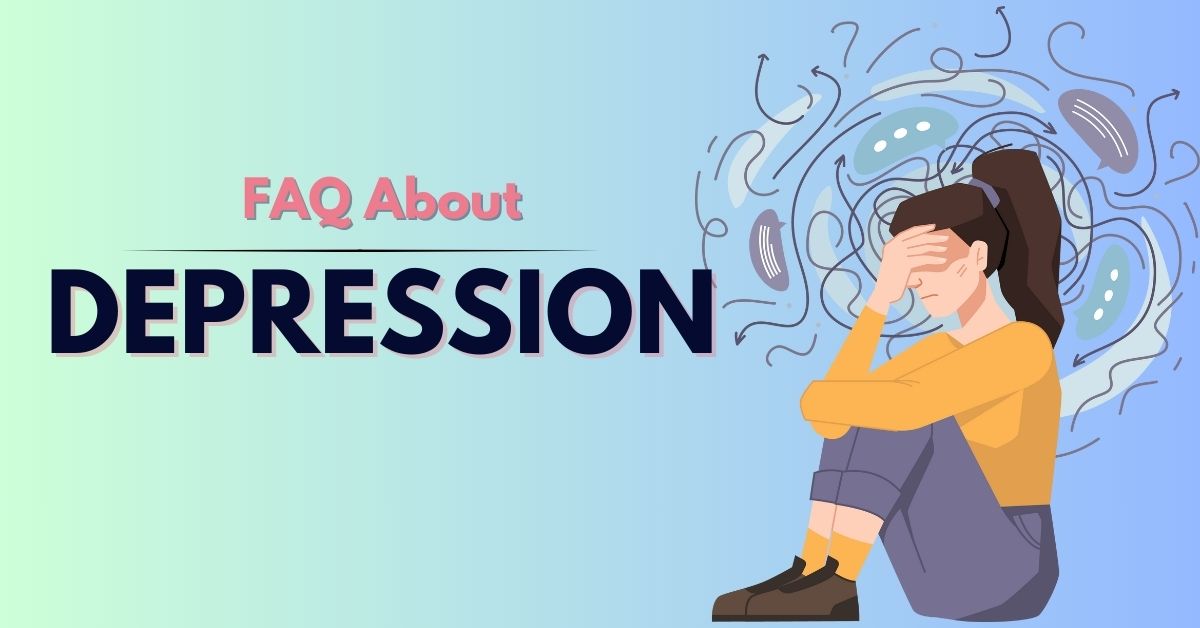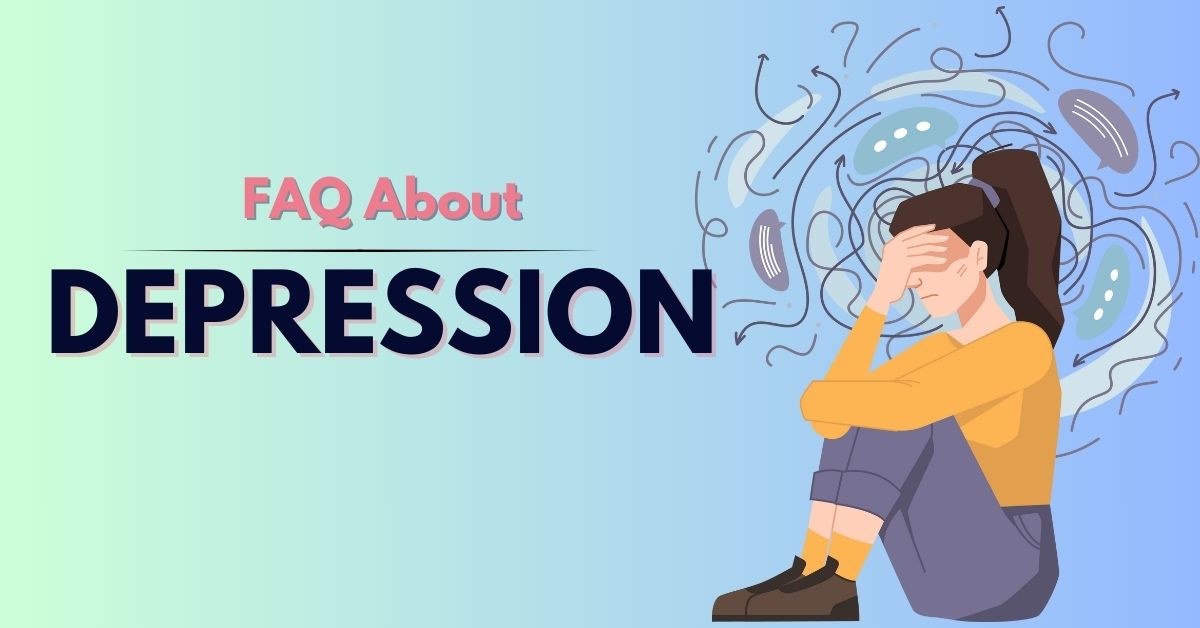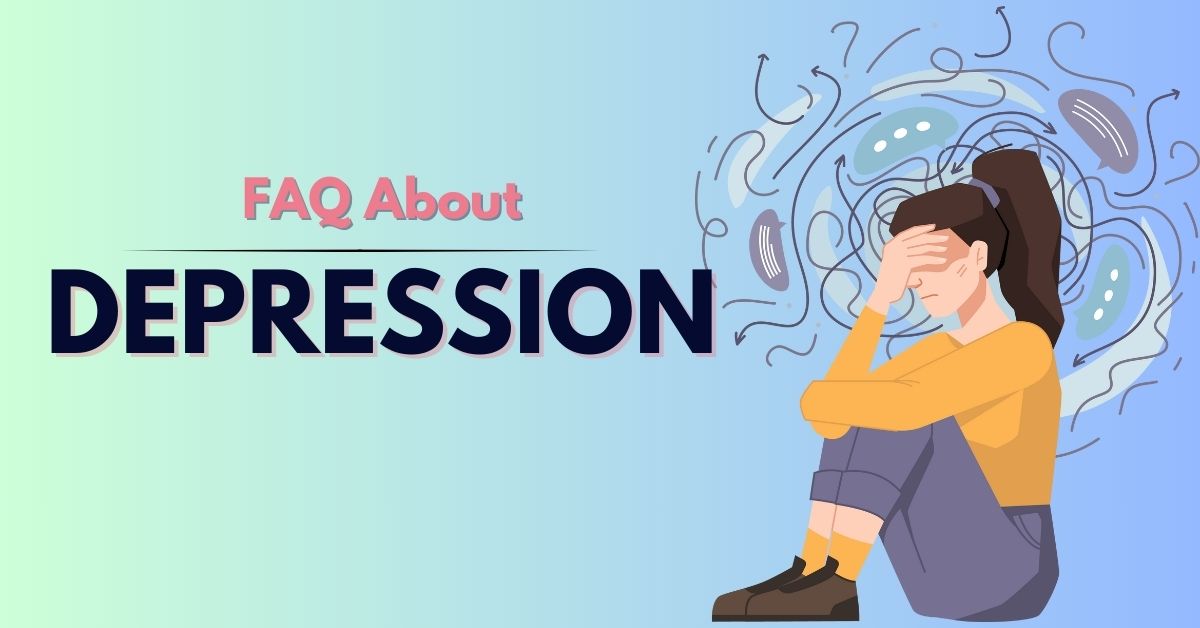Have you ever wondered why depression seems to affect women more than men? It’s a question that’s sparked curiosity among scientists, psychologists, and even casual observers for years. While everyone experiences ups and downs, the statistics reveal something striking: females are nearly twice as likely as males to develop depression. But why? Let’s dive into the complexities of this phenomenon and uncover the reasons behind this disparity.
What Is Depression?
Depression is more than just feeling sad. It’s a medical condition that affects how you think, feel, and act. Imagine carrying a backpack filled with bricks—it’s heavy, exhausting, and hard to shake off. This is how depression can feel to those experiencing it.
Symptoms include persistent sadness, loss of interest, changes in appetite or sleep, and difficulty concentrating. For some, it’s a temporary struggle, but for others, it’s a chronic condition.
Depression: A Gendered Perspective
When looking at depression statistics, one thing is clear: women are disproportionately affected. According to studies, nearly 1 in 4 women will experience depression at some point in their lives, compared to about 1 in 10 men. Why the difference? Let’s explore.
The Role of Hormones
Hormones play a significant role in mental health. Women’s hormonal fluctuations, particularly during menstruation, pregnancy, and menopause, can increase vulnerability to mood disorders.
Premenstrual Dysphoric Disorder (PMDD): A severe form of PMS affects mood, causing irritability, depression, or anxiety in some women. Similarly, postpartum depression impacts new mothers, with hormonal shifts being a major contributing factor.
Life Stages Unique to Women
Women’s lives are marked by unique biological stages that can trigger or exacerbate depression.
- Pregnancy and Postpartum: While a time of joy for many, pregnancy can also bring anxiety and depression due to hormonal changes and life adjustments.
- Menopause: The drop in estrogen levels during menopause can lead to depressive symptoms.
Social Pressures and Gender Roles
Women often juggle multiple roles: caregiver, professional, partner, and friend. Society’s expectations can be overwhelming, creating immense stress.
Example: Think about a woman who works full-time and also manages household responsibilities. The pressure to “do it all” can leave her feeling drained and unappreciated.
Psychological Differences
Research suggests that women are more likely to internalize their feelings, which can lead to rumination—repeatedly thinking about negative events or emotions. In contrast, men often externalize their feelings, engaging in activities that distract them.
The Impact of Relationships
Relationships are central to women’s lives, and conflicts or losses in this area can deeply affect their mental health.
- Breakups or Divorce: Women may experience greater emotional fallout from relationship breakdowns.
- Caregiving Responsibilities: Taking care of children, aging parents, or partners can be both rewarding and overwhelming.
Economic and Work-related Stress
Despite advances, women still face wage gaps, job insecurity, and workplace discrimination. These challenges can compound feelings of stress and contribute to depression.
The Role of Trauma and Abuse
Women are statistically more likely to experience certain types of trauma, such as sexual abuse or domestic violence. These experiences can lead to depression, anxiety, and PTSD.
Fact: Nearly 1 in 3 women worldwide have experienced physical or sexual violence, often with long-term psychological effects.
Cultural Stigma Around Emotions
Society often labels emotional women as “weak” or “overly sensitive.” This stigma can prevent women from seeking help or expressing their feelings, worsening their mental health.
Seeking Help: Gender Disparities
Interestingly, women are more likely than men to seek help for mental health issues. This openness is positive, but it also reflects the higher prevalence of depression among females.
The Influence of Media
Social media, magazines, and advertisements often portray unrealistic standards of beauty and success. For many women, these unattainable ideals contribute to feelings of inadequacy and self-doubt.
Biological Resilience in Men
Studies suggest that men may have biological factors that make them less prone to depression. For instance, higher testosterone levels may act as a protective factor.
Prevention and Coping Strategies
Depression can be managed and, in many cases, prevented. Here are some strategies:
- Build a Support Network: Share your feelings with trusted friends or family members.
- Engage in Physical Activity: Exercise releases endorphins, the body’s natural mood elevators.
- Seek Professional Help: Therapy and medication can make a significant difference.
- Practice Self-care: Prioritize activities that bring you joy and relaxation.
- Challenge Negative Thoughts: Cognitive-behavioral techniques can help reframe unhelpful patterns of thinking.
Conclusion: Understanding the Bigger Picture
Depression’s higher prevalence among females is not due to a single cause but rather a complex interplay of biological, social, and psychological factors. By recognizing these contributors, we can create a more empathetic and supportive environment for those affected. Remember, seeking help is not a sign of weakness but a step toward healing.
Also Read: 12 Hour Intermittent Fasting Benefits
FAQs
Q: Why are hormonal changes significant in women’s depression?
A: Hormonal fluctuations during menstruation, pregnancy, and menopause can affect brain chemistry, increasing vulnerability to depression.
Q: Are women more likely to seek help for depression than men?
A: Yes, studies show that women are generally more open to seeking professional help, contributing to higher reported rates of depression.
Q: How do social pressures affect women’s mental health?
A: Women often face societal expectations to excel in multiple roles, leading to stress and feelings of inadequacy, which can trigger depression.
Q: Can men experience postpartum depression too?
A: While rare, men can also experience postpartum depression due to life changes and emotional stress after a child’s birth.
Q: What are the best ways to support a woman with depression?
A: Offer emotional support, encourage professional help, and create a non-judgmental space for her to share her feelings.



